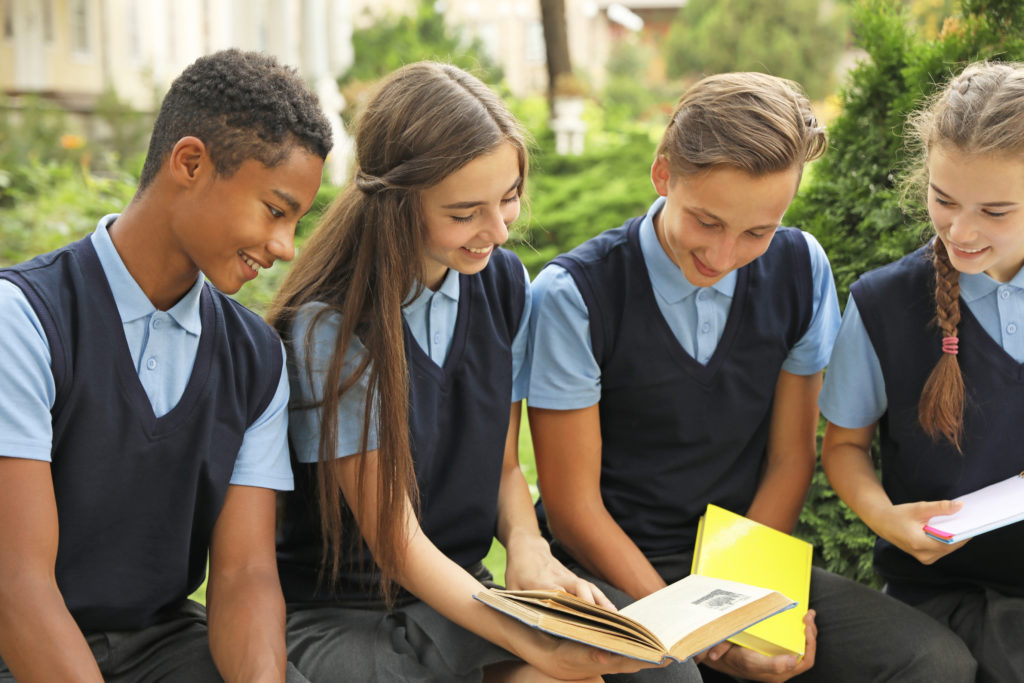Quick Hits
Daily brief research updates from the cognitive sciences

There has been a long-standing debate and discussion in learning contexts for what is the best way to form groups for optimal learning when there are different abilities in those groups.
The two classic strategies are one, put those of similar ability together so that everyone can operate at a similar level and hopefully benefit from more targeted learning. And two, put differing abilities together so that the peers can also benefit from each other and those with stronger ability can also pull along the weaker ones.
This applies to many scenarios, from sports training, to educational contexts, and even in business.
However different research has pointed to different things – for example in peer learning differences, if not too large seem to be beneficial. But if differences are too large, it becomes detrimental. So, to answer this question enter mathematicians from the University of Rochester.
They analysed this using mathematical principles which included multiple assumptions such as: multiple groups would be formed; the individuals involved would have different skill levels; an optimal teaching environment would be one in which a student is taught at a level that matches his or her skill level; and the optimal grouping system would maximize the collective benefit for all students.
They then analysed three grouping scenarios. Tiered grouping according to ability, balanced grouping of different abilities, and random groupings.
And what were the results?
The results showed that according to this mathematical model tiered-grouping, grouping according to ability was best.
It should be noted that this is, as we would expect, best for the group on average. For an individual however, it might not be best. For example, an individual might benefit more from being in a group of people with higher ability (probably not too much higher).
But for the moment, though I am sure the debate will continue, mathematics shows that grouping people into similar ability groups is best for learning…on average.

Andy Habermacher
Andy is author of leading brains Review, Neuroleadership, and multiple other books. He has been intensively involved in writing and research into neuroleadership and is considered one of Europe’s leading experts. He is also a well-known public speaker, speaking on the brain and human behaviour.
Andy is also a masters athlete (middle distance running) and competes regularly at international competitions (and holds a few national records in his age category).
References
Peter D. Wiens, Christine Zizzi, Chad Heatwole.
Instructional Grouping Theory: Optimizing Classrooms and the Placement of Ranked Students.
Educational Practice and Theory, 2022; 44 (1): 5
DOI: 10.7459/ept/44.1.02
More Quick Hits
When Cognitive Games Do Make You Smarter
Quick HitsDaily brief research updates from the cognitive sciences ognitive games have been around for many years now – the first wave of popularity came with Nintendo’s “brain jogging” almost two decades ago now. These games have claimed that they...
How Walking Makes Some People “Super Taskers”
Quick HitsDaily brief research updates from the cognitive sciences hose of you who have followed my writing will know that I have reported regularly on the amazing benefits of exercise and walking on the brain, body, and cognition. However, though...
Older People are Better at Responding to Distress
Quick HitsDaily brief research updates from the cognitive sciences e may have some cliched ideas of older people like the grumpy or angry old man, or woman (but it is often a man). However, research continually shows the opposite. Namely that...
Guided Play Highly Effective for Learning in Children
Quick HitsDaily brief research updates from the cognitive sciences ood news for some and bad news for traditionalists in education. Some believe that starting education early and using classical and traditional learning activities is the best way...
Childhood Fitness Improves Mid-Life Cognition
Quick HitsDaily brief research updates from the cognitive sciences always find these long-term studies fascinating. Imagine launching study and not knowing what the outcomes will be for another 30 years! This is precisely what this study did. It...
The Truth of “Work Hard, Play Hard”
Quick HitsDaily brief research updates from the cognitive sciences e all know the phrase “work hard, play hard” and this drew my attention when I stumbled across some research actually looking into this - and whether this is a good thing or bad...






